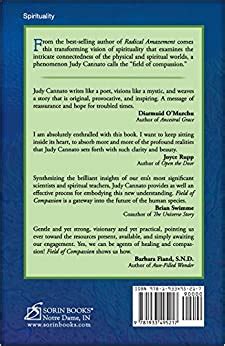A Quote by Corrie Ten Boom
When He tells us to love our enemies He gives, along with the command, the love itself.
Related Quotes
Even as the angry vengeful thoughts boiled through me, I saw the sin of them. Jesus Christ had died for this man; was I going to ask for more? Lord Jesus, I prayed, forgive me and help me to forgive him....Jesus, I cannot forgive him. Give me your forgiveness....And so I discovered that it is not on our forgiveness any more than on our goodness that the world's healing hinges, but on His. When He tells us to love our enemies, He gives along with the command, the love itself.
The love for our enemies takes us along the way of the cross and into fellowship with the Crucified. The more we are driven along this road, the more certain is the victory of love over the enemy's hatred. For then it is not the disciple's own love, but the love of Jesus Christ alone, who for the sake of his enemies went to the cross and prayed for them as he hung there.
What has the Cross left in each of us? You see, it gives us a treasure that no one else can give: the certainty of the faithful love which God has for us. A love so great that it enters into our sin and forgives it, enters into our suffering and gives us the strength to bear it. It is a love which enters into death to conquer it and save us.
Pain itself can be pleasurable accidentally in so far as it is accompanied by wonder, as in stage-plays; or in so far as it recalls a beloved object to one's memory, and makes one feel one's love for the thing, whose absence gives us pain. Consequently, since love is pleasant, both pain and whatever else results from love, in so far as they remind us of our love, are pleasant.
Man depends on God for all things: God depends on man for one. Without man's love God does not exist as God, only as creator, and love is the one thing no one, not even God himself, can command. It is a free gift or it is nothing. And it is most itself, most free, when it is offered in spite of suffering, of injustice, and of death . . . The justification of the injustice of the universe is not our blind acceptance of God's inexplicable will, nor our trust in God's love, his dark and incomprehensible love, for us, but our human love, notwithstanding anything, for him.
The life of a family is filled with beautiful moments: rest, meals together, walks in the park or the countryside, visits to grandparents or to a sick person... But if love is missing, joy is missing, nothing is fun. Jesus gives always gives us that love: he is its endless source. In the sacrament he gives us his word and he gives us the bread of life, so that our joy may be complete.
...when we love God, we naturally run to Him-frequently and zealously. Jesus didn't command that we have a regular time with Him each day. Rather, He tells us to 'love the Lord your God with all your heart and with all your soul and with all your mind.' He called this the 'first and greatest commandment' (Matt. 22:37-38). The results are intimate prayer and study of His Word. Our motivation changes from guilt to love.
There is no better time than now, this very Christmas season, for all of us to rededicate ourselves to the principles taught by Jesus Christ. It is the time to love the Lord, our God, with all our heart – and our neighbors as ourselves. It is well to remember that he who gives money gives much; he who gives time gives more; but he who gives of himself gives all.
To see ourselves as we truly are—a wisp of love itself—is perhaps our deepest fear. But it is also our greatest grace. If we are to be the new human, we must begin by embracing love, which always seeks to incarnate itself. Love is enfleshed everywhere. Everywhere the Holy One is shouting and whispering, ‘Let me love you.’ And all that is asked of us is to receive. In reality, that is our life’s work. Nothing more, and certainly nothing less.































